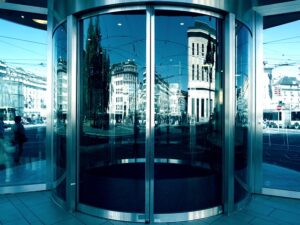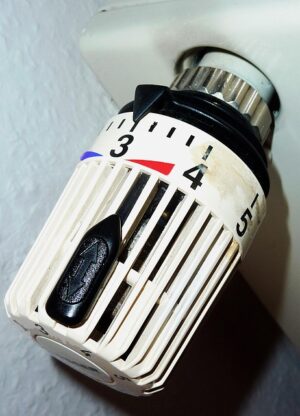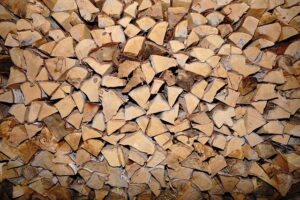Commercial unit heaters are essential for effective space heating in demanding industrial environments with high dust levels. Choosing the right heater involves considering fuel sources (natural gas or electric), BTU capacity, energy efficiency, and installation methods to ensure optimal air circulation and protect against debris buildup. These specialized systems maintain comfortable working spaces, protect machinery, and align with global sustainability goals.
In harsh, dusty industrial settings, reliable heating is paramount. Commercial unit heaters play a vital role in maintaining operations and worker safety. This comprehensive guide explores the unique challenges of these environments and how specialized commercial unit heaters overcome them. We’ll delve into key features ensuring optimal performance, offer insights on selection for your specific industry needs, and present inspiring case studies showcasing successful industrial heating implementations.
- Understanding Industrial Heating Requirements
- Challenges of Dusty and Harsh Environments
- Key Features of Commercial Unit Heaters
- Choosing the Right Heater for Your Industry
- Case Studies: Successful Industrial Heating Implementaion
Understanding Industrial Heating Requirements
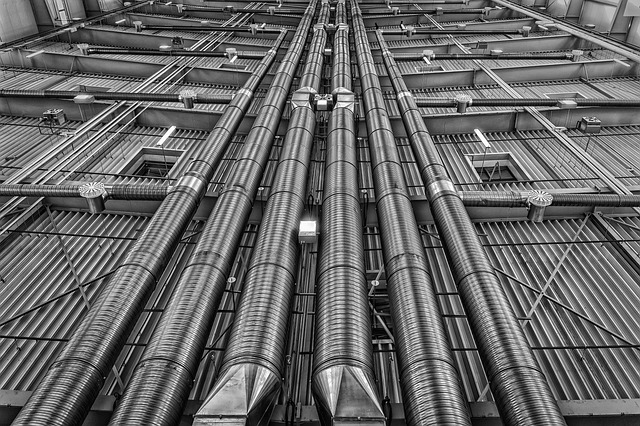
In industrial settings, where conditions can be harsh and environments filled with dust or other debris, understanding the specific heating requirements is paramount for effective space heating solutions. Commercial unit heaters designed for such scenarios must withstand extreme conditions, including high levels of dust accumulation, which could impede traditional heating systems. These heaters are engineered to deliver reliable and efficient heat in various industrial applications, from manufacturing plants to warehouses and retail spaces.
Choosing the right commercial unit heater involves considering factors like fuel source (natural gas fired or electric heating), BTU capacity tailored to the space’s size and energy-efficiency features that align with sustainability goals. Suspended installation methods are often employed to ensure optimal air circulation while protecting equipment from dust buildup, enhancing both performance and longevity. Leveraging HVAC systems and focusing on space heating solutions that are both powerful and energy efficient is crucial for maintaining comfortable working environments in these challenging industrial settings.
Challenges of Dusty and Harsh Environments

Dusty and harsh industrial settings present unique challenges for commercial unit heaters. In environments where fine particles are suspended in the air, traditional heating systems can struggle to maintain optimal performance due to soot accumulation and reduced airflow. This not only diminishes their efficiency but also poses safety hazards, as heated air could potentially ignite combustible dust. Moreover, these conditions often demand rugged, durable equipment capable of withstanding extreme temperatures and corrosive elements, adding another layer of complexity in selecting suitable heating solutions.
Commercial buildings, retail spaces, and offices requiring efficient space heating in such settings need specialized systems. Natural gas fired heaters equipped with advanced filtration systems can mitigate dust issues, while electric heating options offer cleaner alternatives that are less prone to soot buildup. HVAC (Heating, Ventilation, and Air Conditioning) systems designed for these environments must prioritize energy efficiency without compromising performance, aligning with the growing global focus on sustainability. The BTU capacity of a commercial unit heater plays a crucial role in determining its effectiveness, ensuring spaces remain comfortable even under challenging conditions.
Key Features of Commercial Unit Heaters

Commercial unit heaters are specifically designed to withstand the rigors of dusty and harsh industrial settings, making them a vital component in maintaining comfortable working environments in commercial buildings, office heating, and retail spaces. These heaters offer a range of key features that cater to diverse needs. One prominent aspect is their versatility in terms of fuel sources, with options like natural gas fired or electric heating, allowing for flexibility in installation and operation.
Another crucial feature is the ability to deliver high BTU capacity, ensuring efficient space heating despite the challenging environments. Many models also prioritize energy efficiency, integrating advanced technologies to optimize performance and reduce operational costs. Additionally, their design often incorporates suspended installation methods, enhancing safety and accessibility for maintenance, which is particularly important in large or poorly ventilated spaces. These features collectively contribute to creating a robust and reliable heating solution tailored for industrial applications within commercial buildings.
Choosing the Right Heater for Your Industry

Choosing the right commercial unit heater for your industry is paramount to ensuring optimal space heating in even the harshest environments. Factors like the specific dust levels and extreme conditions in industrial settings necessitate robust heaters designed for durability and reliability.
When selecting a commercial unit heater, consider the unique needs of your facility. For instance, suspended installation might be ideal for large open spaces like warehouses or manufacturing plants. Alternatively, natural gas fired heaters offer efficient heating while electric heating systems are energy-efficient options, perfect for retail spaces or offices with HVAC systems in place. Pay close attention to BTU capacity to match the heating requirements of your space, and look for models that prioritize energy efficiency for long-term cost savings.
Case Studies: Successful Industrial Heating Implementaion
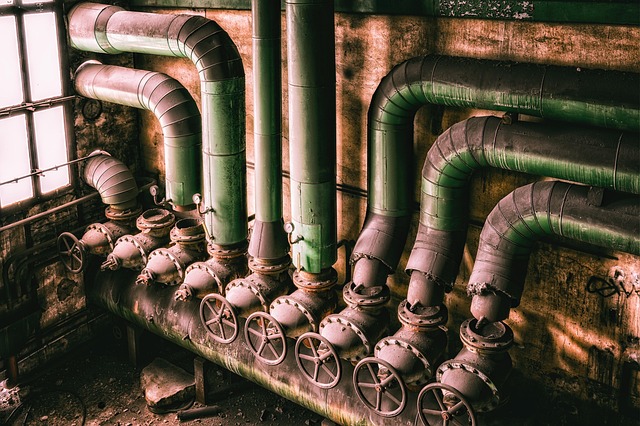
In various industrial settings, where maintaining optimal temperatures is paramount, commercial unit heaters have proven to be indispensable. Case studies from leading manufacturers highlight successful implementations in dusty and harsh environments. For instance, a steel mill, known for its high dust levels and extreme conditions, effectively utilizes natural gas-fired commercial unit heaters suspended at strategic locations. These heaters not only ensure worker comfort but also maintain the integrity of machinery, crucial for efficient production.
Another notable example is a retail space in a humid coastal region where electric heating solutions were adopted to complement the existing HVAC systems. The commercial unit heaters, with their energy-efficient design and adjustable BTU capacity, successfully regulate temperatures in large open spaces like office buildings and retail stores, ensuring customer satisfaction and minimizing energy costs. These real-world applications underscore the versatility and reliability of commercial unit heaters as essential tools for space heating in diverse industrial settings.
Commercial unit heaters play a pivotal role in addressing the unique heating challenges presented by dusty and harsh industrial settings. By understanding the specific requirements, overcoming environmental hurdles, and selecting the right heater for your industry, businesses can achieve efficient and reliable heating solutions. The case studies highlighted demonstrate that strategic choices in commercial unit heaters can significantly enhance productivity while ensuring worker safety and comfort. Investing in robust and tailored heating systems is a key step towards optimizing industrial operations.
